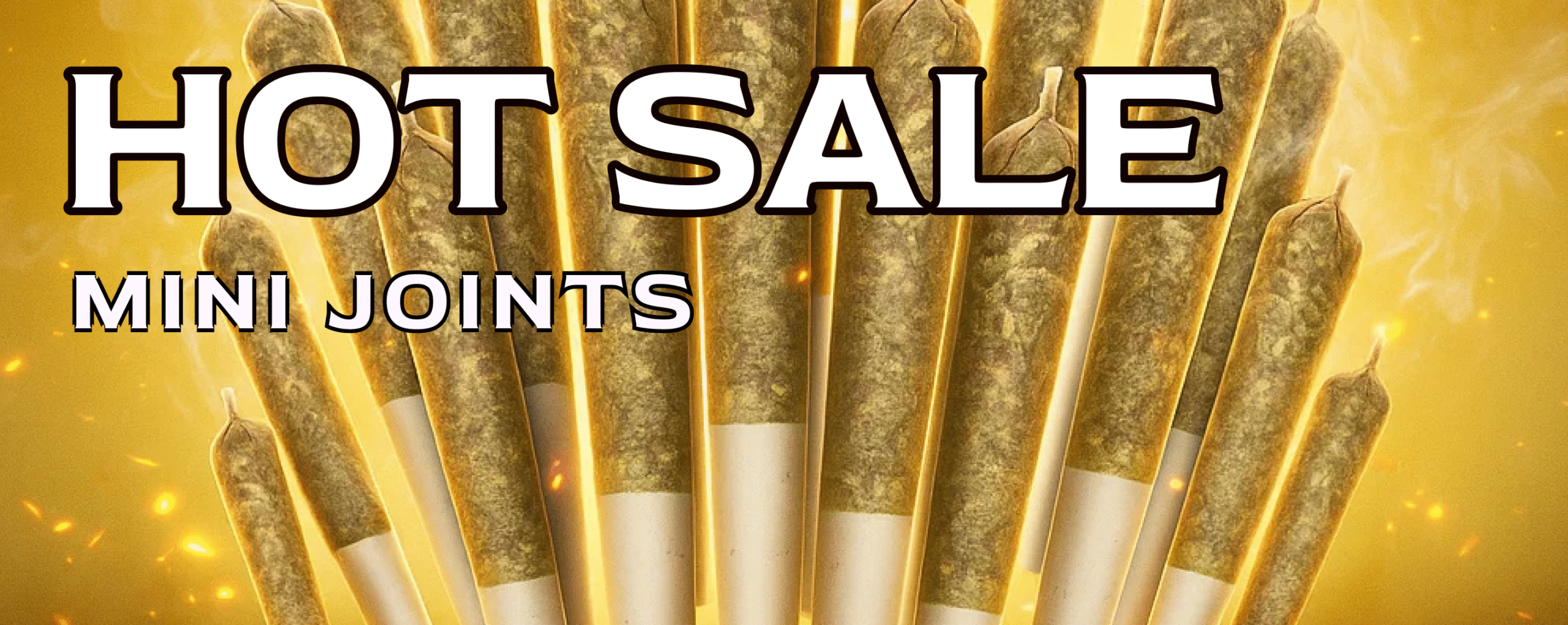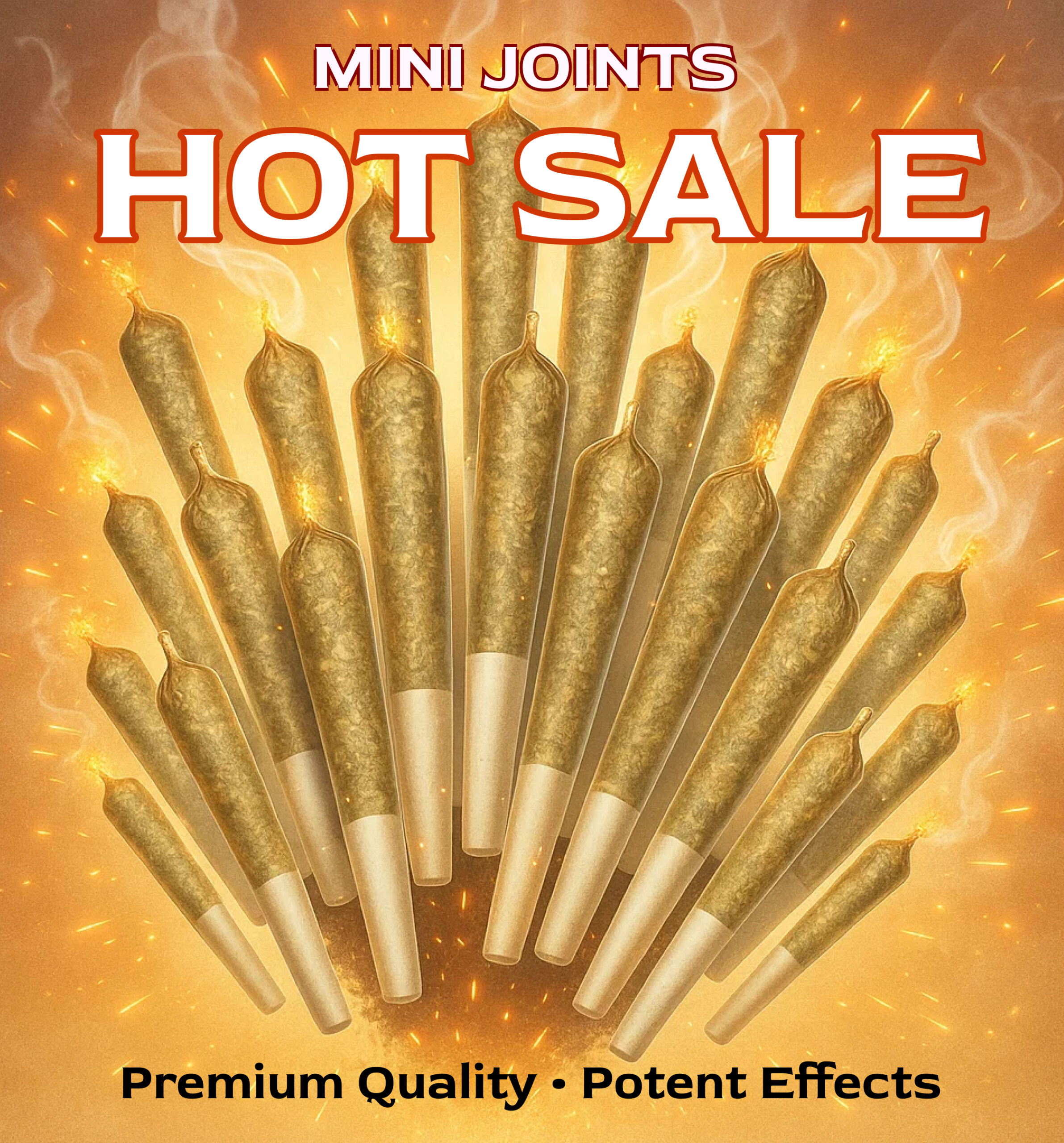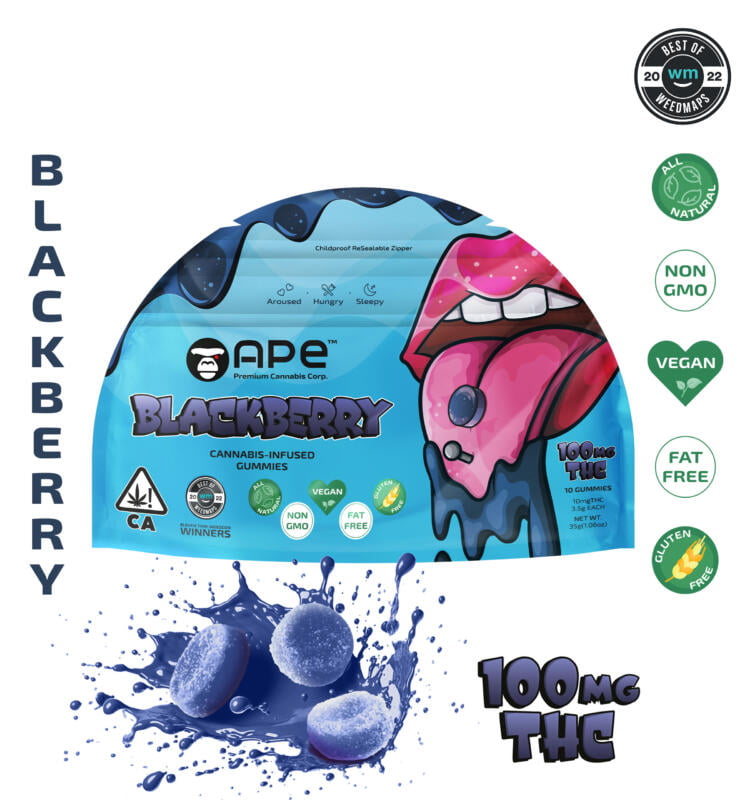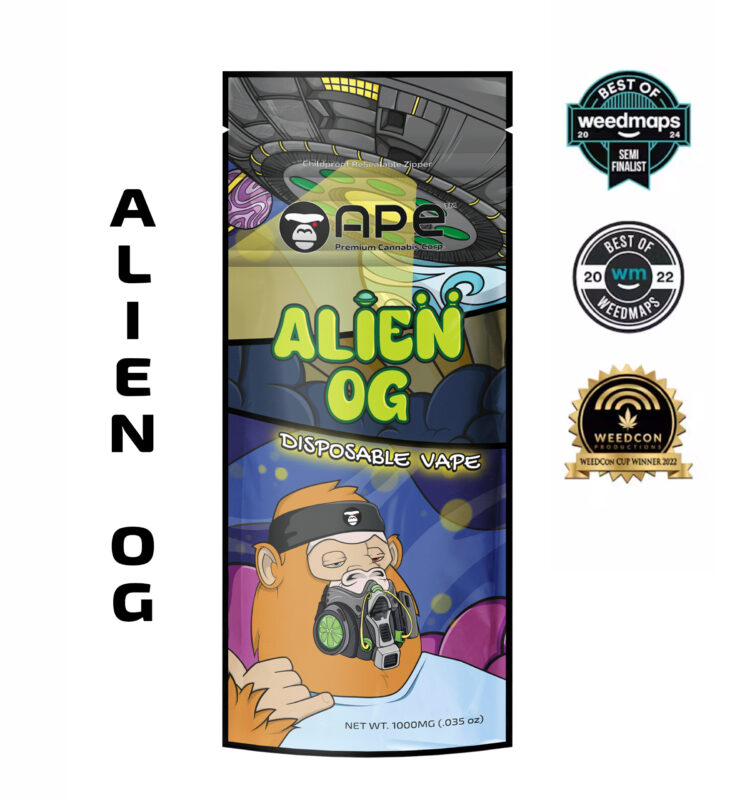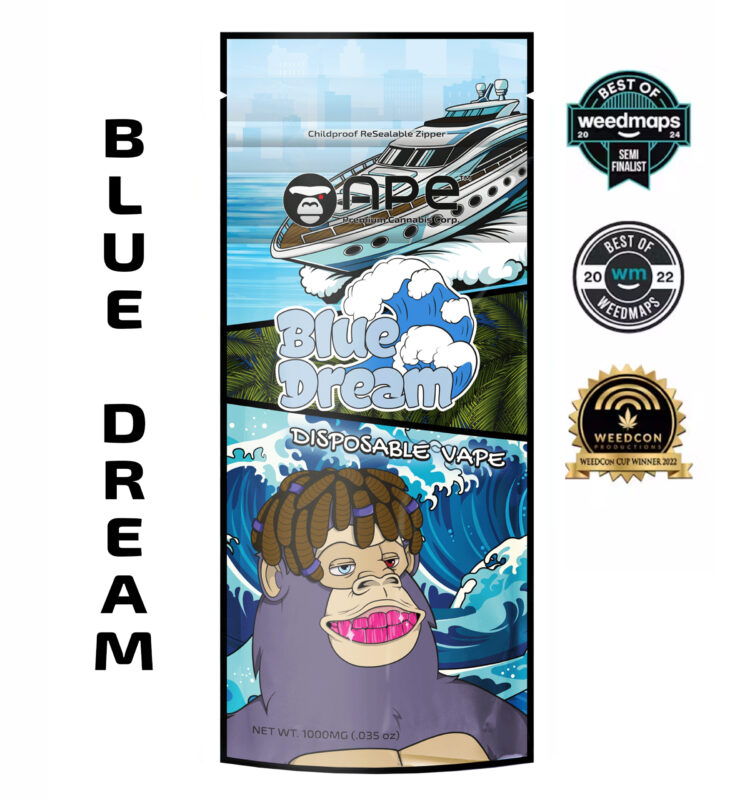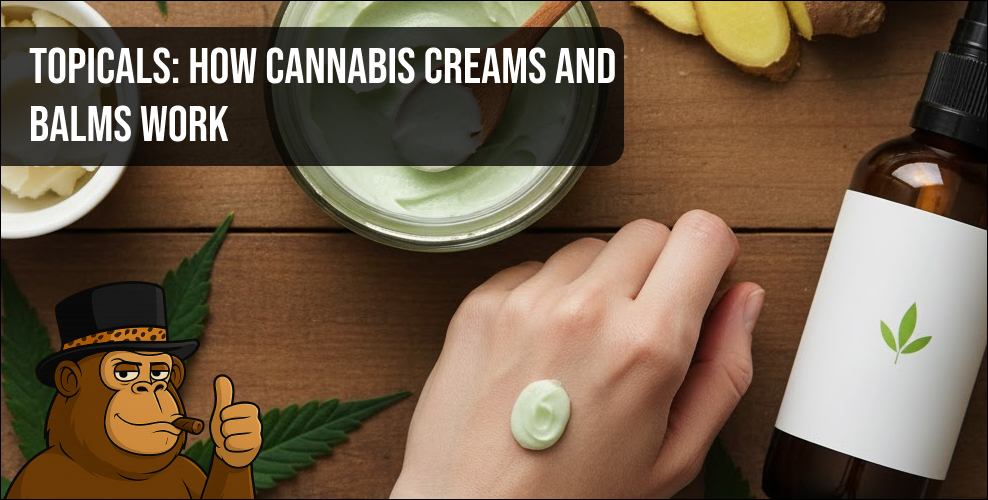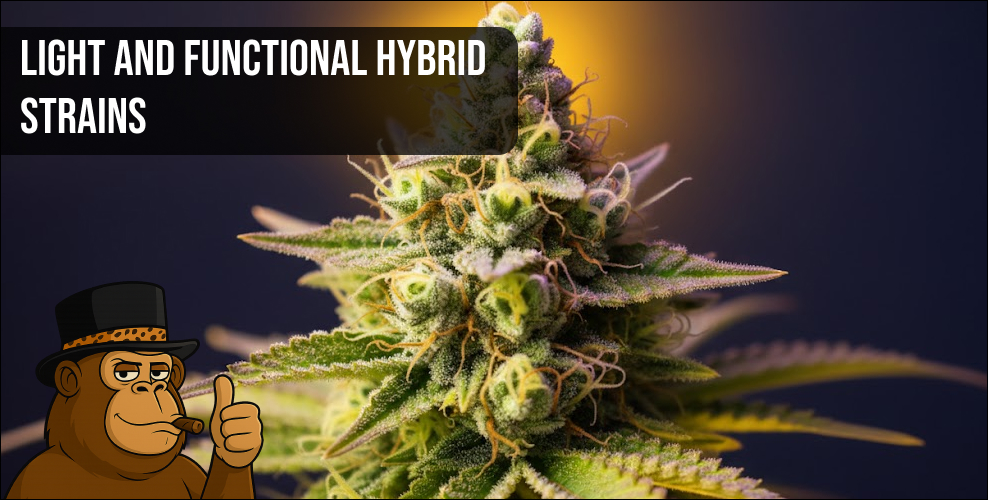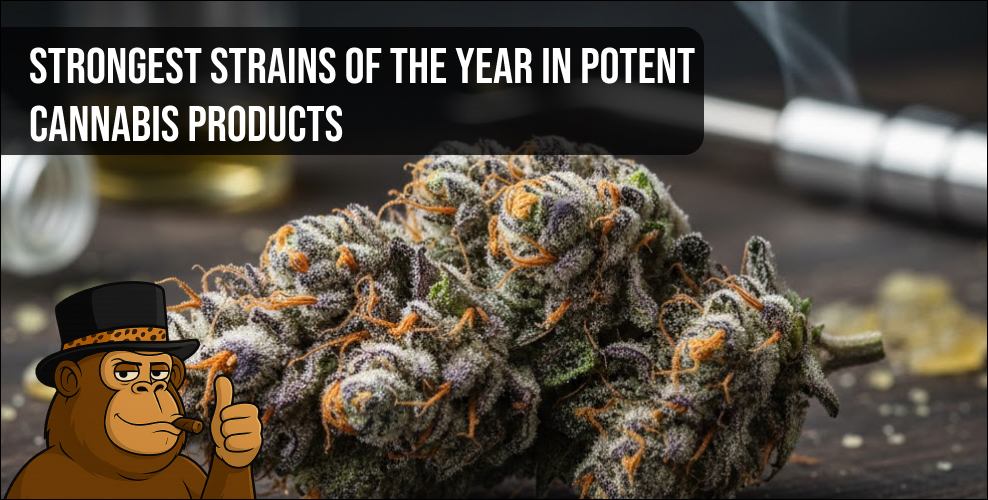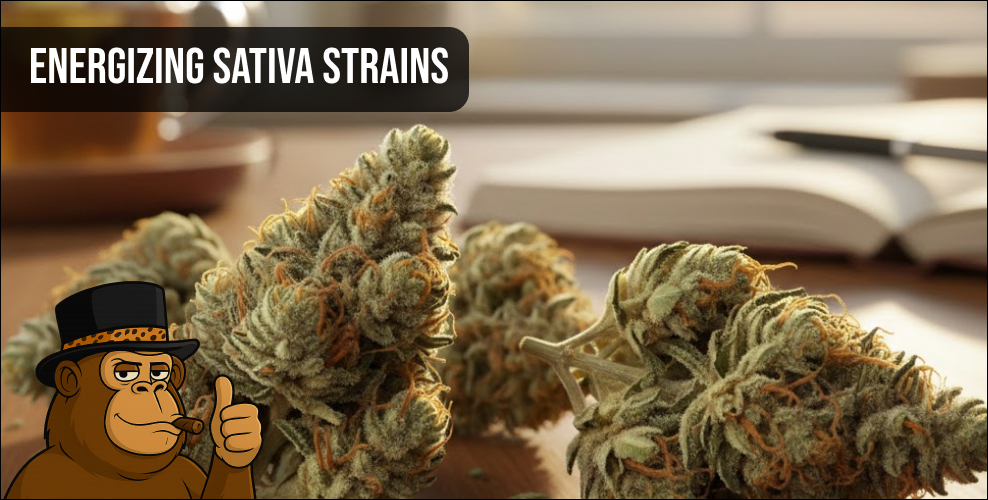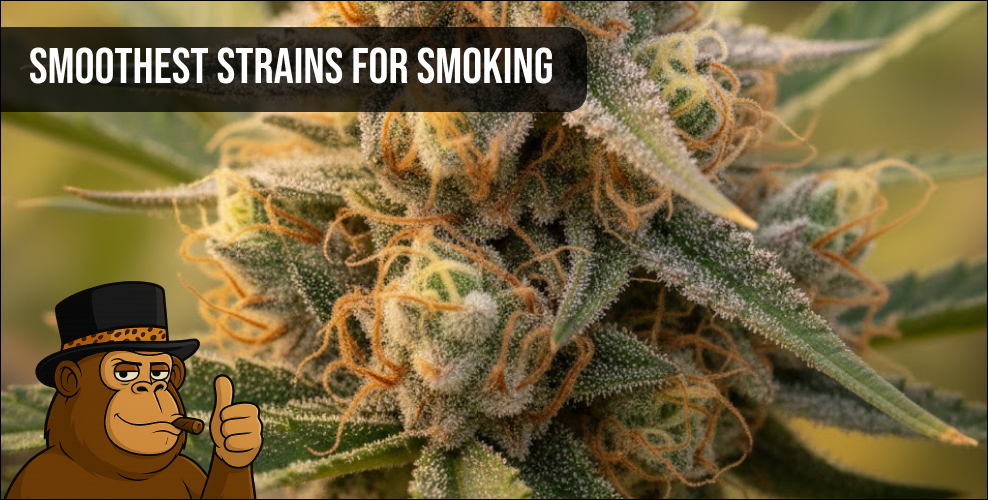
Weed Education
What is Delta-8 THC?

In recent years, Delta-8 THC has become a buzzword in the cannabis industry. From dispensaries to online shops, products featuring this compound—from vapes and gummies to tinctures—are popping up everywhere. But what exactly is, and why is it gaining popularity among cannabis users seeking a gentler experience?
Understanding Delta-8 THC: A Milder Psychoactive Cannabinoid
Delta-8 THC (delta-8-tetrahydrocannabinol) is a naturally occurring cannabinoid found in the cannabis plant. It is closely related to Delta-9 THC, the main psychoactive compound in marijuana, but differs slightly in chemical structure and effects. While Delta-9 THC is known for its intense high and potential side effects like anxiety and paranoia, Delta-8 THC offers a smoother, more controlled experience.
Often described as a “diet weed” or “lite THC,” Delta-8 THC delivers a mild euphoric sensation that relaxes the body and clears the mind—without the overwhelming intensity of its Delta-9 counterpart. Users often report feeling calm, uplifted, and mentally focused, making it appealing to those who are sensitive to traditional THC products or new to cannabis in general.
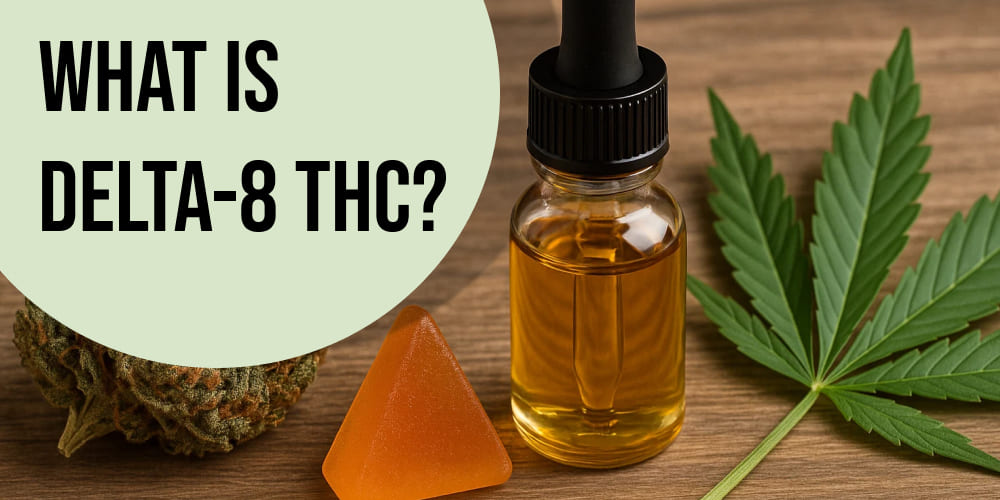
Composition and Properties of Delta-8 THC
Though it is naturally present in cannabis, Delta-8 THC occurs in very small quantities—less than 1%. To make it commercially viable, it is typically synthesized through isomerization, a process that converts legal hemp-derived CBD into Delta-8 THC. This method allows manufacturers to produce it legally in many regions, especially where Delta-9 THC is still restricted.
Chemically, the only difference between Delta-8 THC and Delta-9 THC lies in the placement of a single double bond in their molecular structure. This slight shift has a significant impact on how the compound binds to cannabinoid receptors in the human body, particularly the CB1 receptors in the brain. The result is a gentler, more clear-headed effect.
In addition to its psychoactive properties, Delta-8 THC shows promise as a therapeutic agent. Preliminary research and anecdotal reports suggest it may help with pain relief, inflammation, anxiety, nausea, and appetite stimulation. For patients looking for symptom relief without the intense mental effects of high-THC strains, Delta-8 THC offers a compelling alternative.
Key Differences Between Delta-8 THC, Delta-9 THC, and CBD
To truly understand where Delta-8 THC stands, it helps to compare it with its better-known siblings: Delta-9 THC and CBD.
Delta-9 THC is the most potent and psychoactive form of THC found in cannabis. It’s known for producing a strong high that alters perception, intensifies sensory experiences, and can sometimes lead to anxiety or panic attacks in sensitive users.
CBD (cannabidiol), by contrast, is non-psychoactive and used widely for therapeutic purposes. It promotes relaxation and helps with anxiety, inflammation, and sleep disorders, all without altering cognitive function or causing intoxication.
Delta-8 THC offers a unique middle ground. It provides mild psychoactive effects—more noticeable than CBD but much subtler than Delta-9 THC. Users commonly describe its high as calming, functional, and free of paranoia or mental fog. This makes Delta-8 THC a popular option for daytime use, social activities, or as a gentle introduction to THC for beginners.
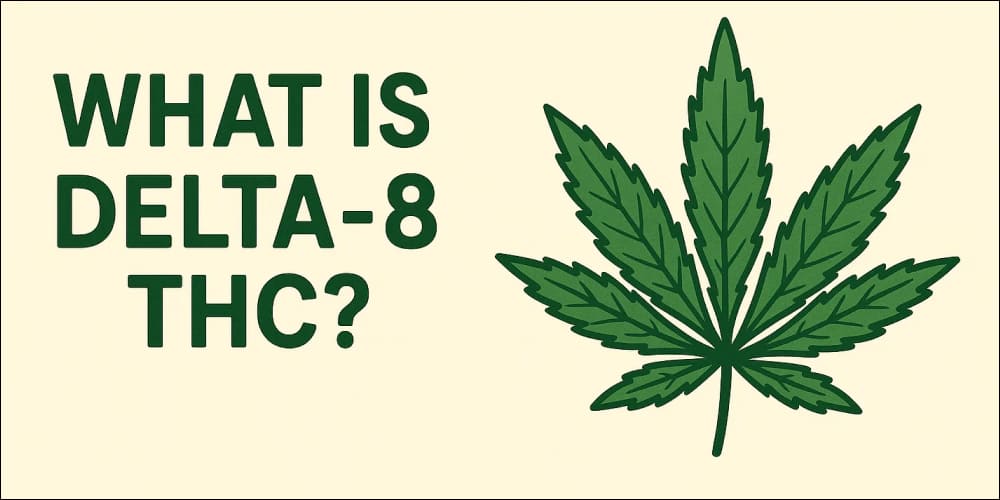
How Delta-8 THC Affects the Body
Once consumed—whether through inhalation, edibles, or tinctures—Delta-8 THC interacts with the body’s endocannabinoid system (ECS), a network of receptors responsible for regulating mood, pain, sleep, appetite, and immune response.
Primarily binding to CB1 receptors in the brain, Delta-8 THC triggers a series of reactions that result in feelings of relaxation, mild euphoria, and mental clarity. Unlike Delta-9 THC, it rarely leads to disorientation or overstimulation, even at moderate doses.
Additionally, Delta-8 THC interacts with CB2 receptors in the immune system, which may contribute to its anti-inflammatory and analgesic properties. This makes it potentially useful for those dealing with chronic pain, stress, or nausea, especially when more intense THC products are not well-tolerated.
The onset and duration of effects depend on the method of consumption. Inhaled Delta-8 THC from vapes typically kicks in within minutes and lasts 1–2 hours. Edibles, such as gummies, take longer to activate (30–90 minutes) but can deliver effects for up to 6 hours or more.
Benefits and Drawbacks of Delta-8 THC
Like any compound, Delta-8 THC comes with both pros and cons. Understanding these can help users decide whether it’s the right cannabinoid for their needs.
Benefits of Delta-8 THC:
- Smooth and manageable high. Most users experience a calm, lucid high without anxiety, paranoia, or mental haze.
- Therapeutic potential. Anecdotal evidence and early research suggest Delta-8 THC may help with pain, inflammation, stress, and nausea.
- Legal access. In many areas, Delta-8 THC is legal under hemp laws, making it a convenient option in states where Delta-9 THC is banned.
- Lower risk of side effects. Compared to Delta-9 THC, Delta-8 THC tends to produce fewer negative reactions like dry mouth, dizziness, or rapid heart rate.
Drawbacks of Delta-8 THC:
- Limited research. Scientific studies on Delta-8 THC are still in early stages, and long-term effects are not yet fully known.
- Legal gray area. While derived from legal hemp, some states have banned or restricted Delta-8 THC, citing safety and regulatory concerns.
- Product inconsistency. With minimal oversight, some Delta-8 THC products may contain impurities, synthetic additives, or incorrect dosing—especially if not third-party tested.
- Individual sensitivity. Though milder, Delta-8 THC can still cause sedation, lightheadedness, or anxiety in higher doses or in sensitive individuals.
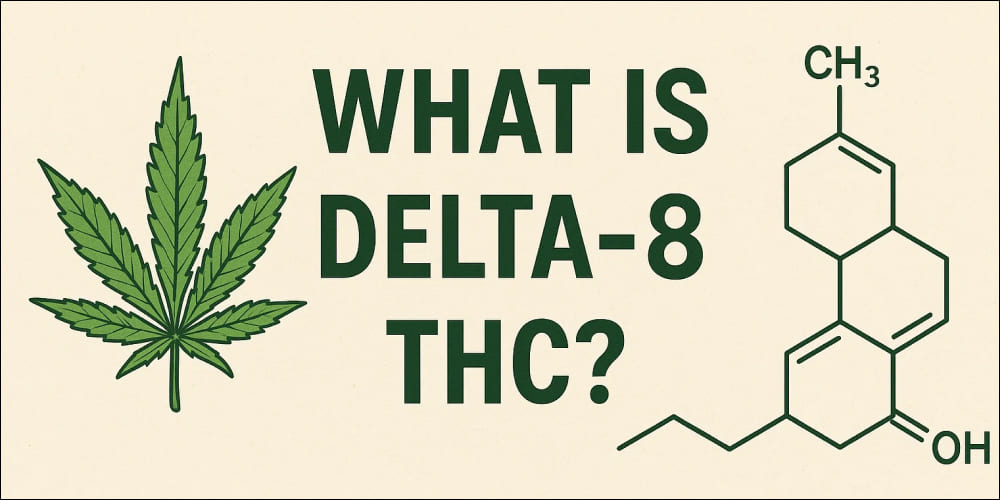
Is Delta-8 THC Legal?
The legality of Delta-8 THC is complex and often varies by jurisdiction. Federally, Delta-8 THC exists in a legal gray area in the United States. Under the 2018 Farm Bill, hemp-derived cannabinoids are technically legal if they contain less than 0.3% Delta-9 THC. Because Delta-8 THC is synthesized from legal CBD, it’s not explicitly banned at the federal level.
However, several U.S. states have taken steps to regulate or prohibit Delta-8 THC. Some classify it as a controlled substance, while others allow its sale under certain conditions. Before purchasing Delta-8 THC, it’s important to check the specific laws in your state or country to avoid legal issues.
Common Ways to Use Delta-8 THC
There are several methods of consuming Delta-8 THC, each offering different onset times and duration of effects:
- Vape cartridges – Fast-acting and easy to dose, ideal for quick relief or recreational use.
- Gummies and edibles – Long-lasting effects and discreet, but require patience due to delayed onset.
- Tinctures – Placed under the tongue for faster absorption than edibles, offering a middle ground between inhalation and digestion.
- Capsules and softgels – Convenient and consistent dosing, though slower to take effect.
The best method depends on your personal preference, desired effects, and lifestyle.
Choosing Safe and High-Quality Delta-8 THC Products
With the Delta-8 THC market largely unregulated, consumers should take extra steps to ensure safety:
- Look for third-party lab results. Reputable brands provide Certificates of Analysis (COAs) showing cannabinoid content and verifying the absence of harmful contaminants.
- Avoid products with synthetic additives. Natural extraction methods are safer and more transparent.
- Read customer reviews. Peer feedback can reveal issues with potency, quality, or consistency.
- Buy from trusted sources. Stick to well-known brands and avoid suspiciously cheap or unverified products.
Quality and transparency are key to enjoying the benefits of Delta-8 THC without unnecessary risks.
FAQ About Delta-8 THC
What is Delta-8 THC and how is it different from regular THC?
Delta-8 THC is a naturally occurring cannabinoid found in small amounts in the cannabis plant. It is chemically similar to Delta-9 THC (the primary psychoactive compound in marijuana), but produces milder, more manageable effects. Users often describe the Delta-8 THC high as relaxing, clear-headed, and less anxiety-inducing than traditional THC.
Is Delta-8 THC legal in the United States?
The legality of Delta-8 THC depends on state laws. Federally, it is permitted under the 2018 Farm Bill if derived from hemp and contains less than 0.3% Delta-9 THC. However, several states have banned or restricted it. Always check your local regulations before purchasing or using Delta-8 THC.
Will Delta-8 THC get me high?
Yes, Delta-8 THC can produce a psychoactive effect, but it’s typically described as milder and more functional than the high from Delta-9 THC. It may cause euphoria, increased focus, or calmness without the paranoia or disorientation often associated with stronger THC products.
How long does Delta-8 THC stay in your system?
Delta-8 THC can remain in your system for several days to a few weeks, depending on factors like dosage, frequency of use, metabolism, and body fat. Like other cannabinoids, it can be detected in drug tests that screen for THC.
Can Delta-8 THC help with anxiety or pain?
Many users report that Delta-8 THC helps alleviate symptoms of anxiety, stress, and chronic pain. While more research is needed, preliminary findings and anecdotal evidence suggest it may have therapeutic potential similar to other cannabinoids.
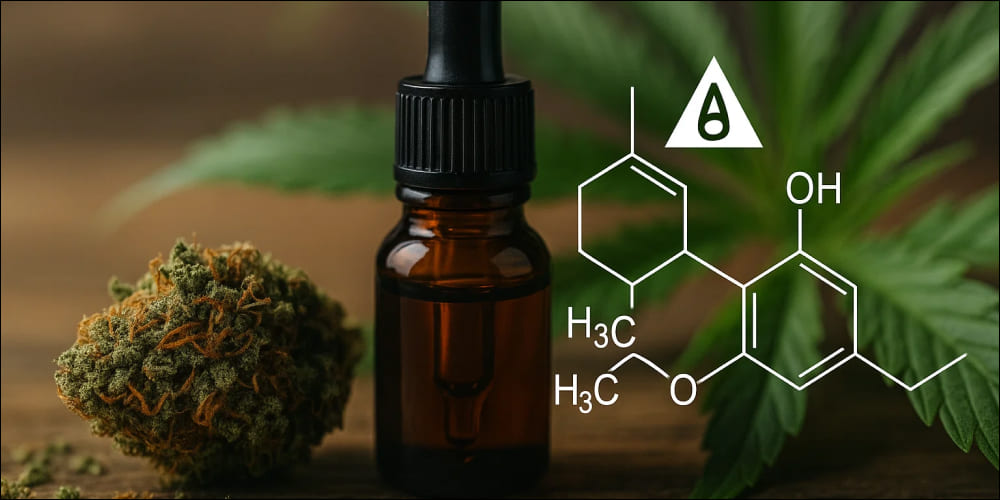
Final Thoughts: Is Delta-8 THC Worth Trying?
Delta-8 THC offers a unique combination of mild psychoactive effects and potential therapeutic benefits. It provides an appealing alternative for those seeking relief or relaxation without the intensity of Delta-9 THC. As interest continues to grow and more research emerges, Delta-8 THC may play a significant role in the future of cannabis wellness.
However, because of the legal uncertainty and lack of regulation, consumers must stay informed and cautious. Choose products from transparent brands, start with low doses, and always consider your own health needs and local laws.

